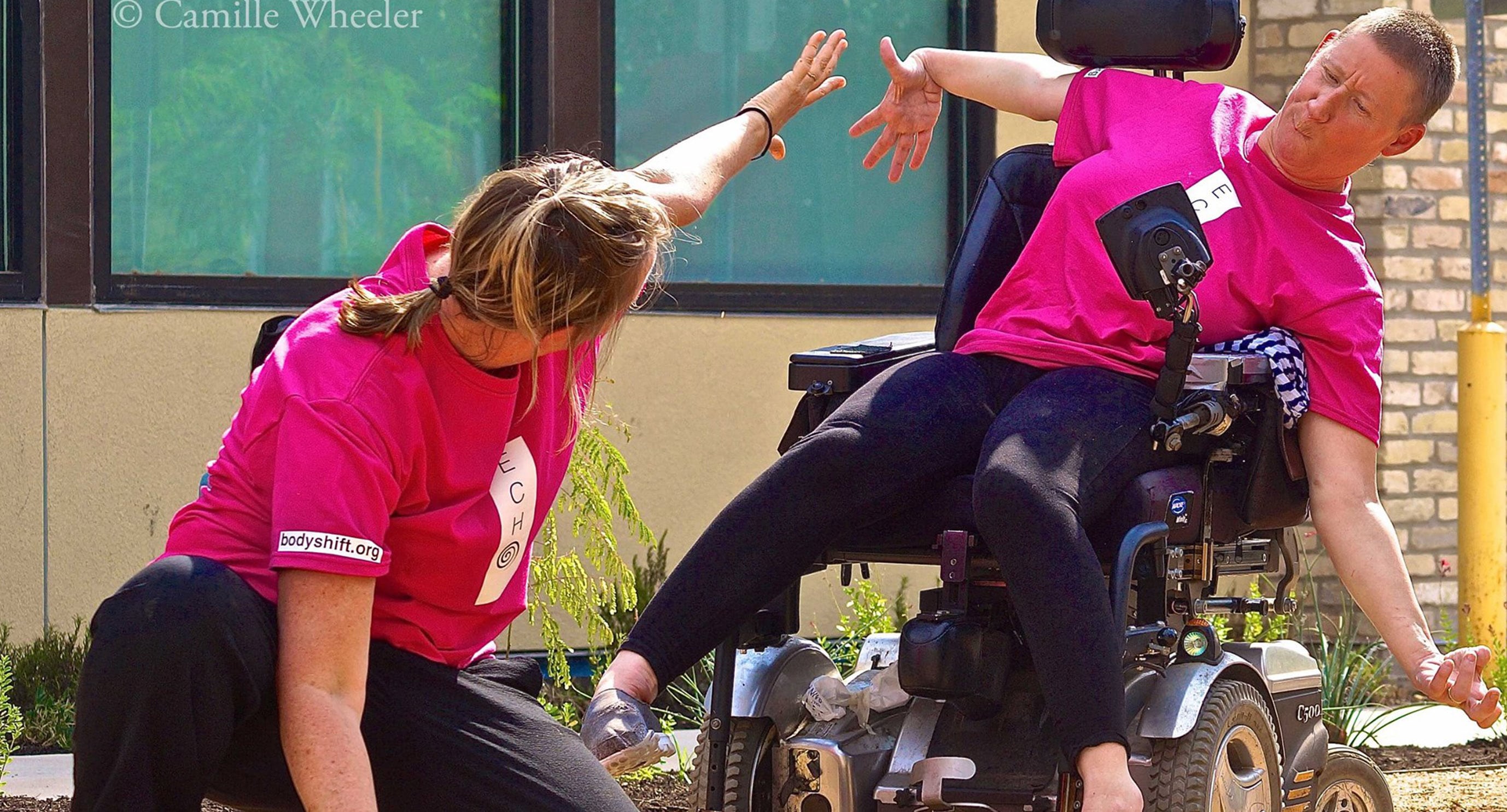Abuse and assault: It happens to people with disabilities, too (more than you think)
Written by Susie Angel
As a woman with a severe physical disability, the National Public Radio series about people with disabilities and abuse is extremely important to me.
If sexual abuse and domestic violence of people with disabilities is ever going to stop, people have to understand that it does happen a lot more than is being reported and why that is. That’s what this NPR series is attempting to do, and I applaud them for it.
My story
At age 21, I was in a year-long residential independent living program that taught me how to maintain a household, manage my finances, work with personal care attendants, and whatever else I needed to know in order to successfully live on my own.
One day, my housemates and I had to find a substitute for our regular 8 a.m.–3 p.m. attendant. We eventually found a pre-approved male attendant we had worked with before. I got along with him pretty well.
That morning I was scheduled to take a shower, so I instructed him to help me turn the water on after I crawled on my knees into the shower. I explained that I can wash my own body, but he would have to shampoo my hair, dry me off, and get me dressed after I got out because my body gets too stiff when I get wet or cold.
Everything was going as planned until he started drying me off. I noticing that he started to get off on moving the towel along my body, especially around my chest.
I couldn’t say anything because he was the only one there who could help me, and I was afraid of what he would do to me if I called him out on it. Plus, I didn’t want to believe I was right.
However, when he stood up and grabbed his genitals after drying me off, I knew I was right.
Luckily, I was in a safe environment. I told the next attendant who came in, and I was taken seriously.
He went with me for moral support when I told the director, who encouraged me for doing the right thing and promised that the attendant wouldn’t ever work there again.
I didn’t want to get the police involved because it would have only been a “he said, she said” case. I knew how hard those cases are to win and I didn’t want to go through that.
However, I did ask the program director to help me tell my housemates so they would understand why the attendant wasn’t allowed back, and they could learn from what happened to me and how I handled it.
People with disabilities have to ask themselves so many questions
People with disabilities have a lot to consider when they are living on their own with a caregiver who’s abusing them.
For example, is it physically possible for them to independently leave the house without being caught? If not, can they use a phone independently to call a trusted friend or family member for help? If that’s not even an option, when are they going to be around other people who they can communicate the situation to?
After finding a way to leave, is there anyone else to take care of them? People with disabilities also have to think about any adaptive equipment or medications that they can’t live without. If they could not bring it with them, can any of it be borrowed or purchased? Will the insurance pay for any replacements? Do they need to find another place to live? Does the abuser have access to their money?
Moving society forward
These are just some of the concerns that people with disabilities must take into account when deciding whether they can get out of an abusive situation.
I hope by pointing out these issues, it will encourage people to start talking about abuse among this underrepresented and vulnerable group of citizens. This could be happening to someone you know, and you don’t even know it.
For 21 years, SAFE’s Disability Services program has been addressing abuse and violence against children and adults with disabilities in our community, state, nation, and world. This year, we released a website, Promoting Justice, to increase the ability of stakeholders in the lives of children with disabilities to recognize, respond to, and investigate abuse and neglect against children with disabilities.
About the author
Susie Angel is a research and editing specialist at the Coalition of Texans with Disabilities. She provides guidance and assistance on the SAFE Disability Services Project Advisory Committee and the Austin Interfaith Inclusion Network. Her hobbies include creative writing, dramatic performance, dancing, and watching baseball with her other half of 28 years.